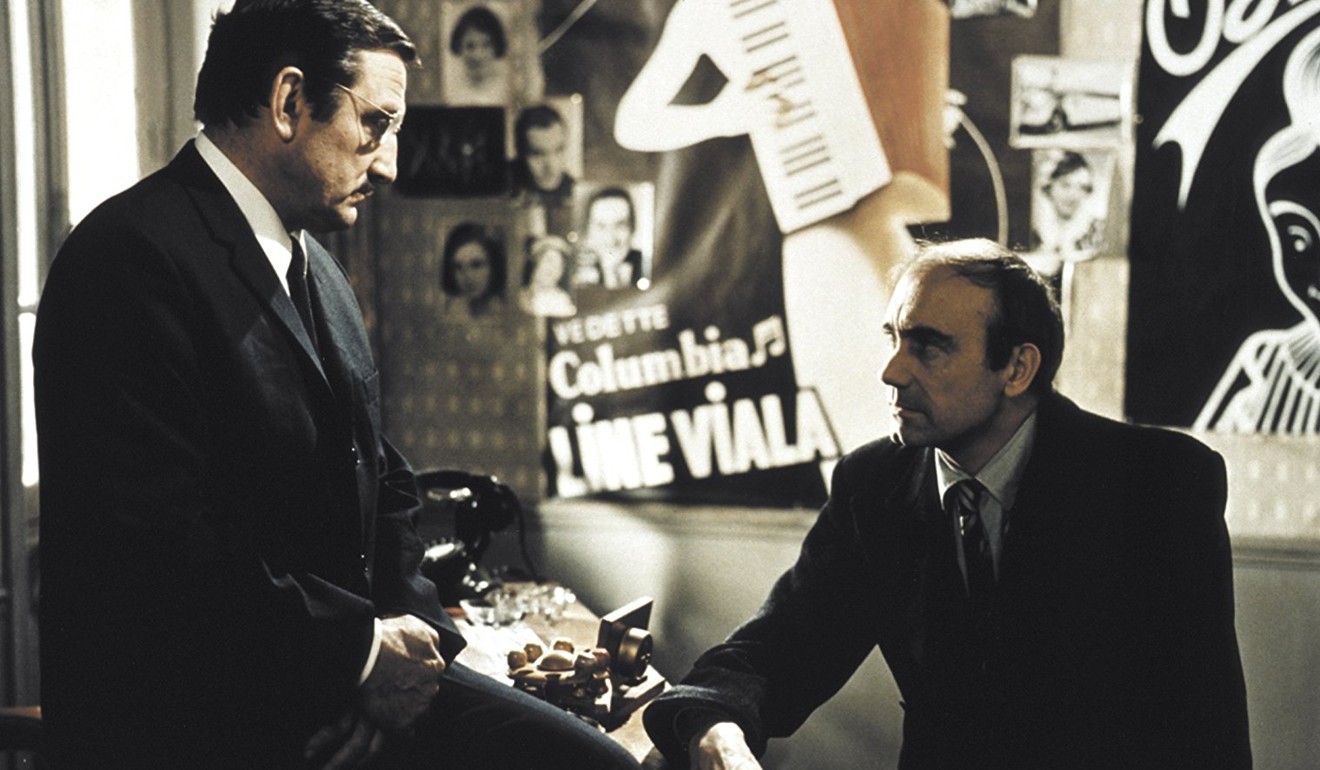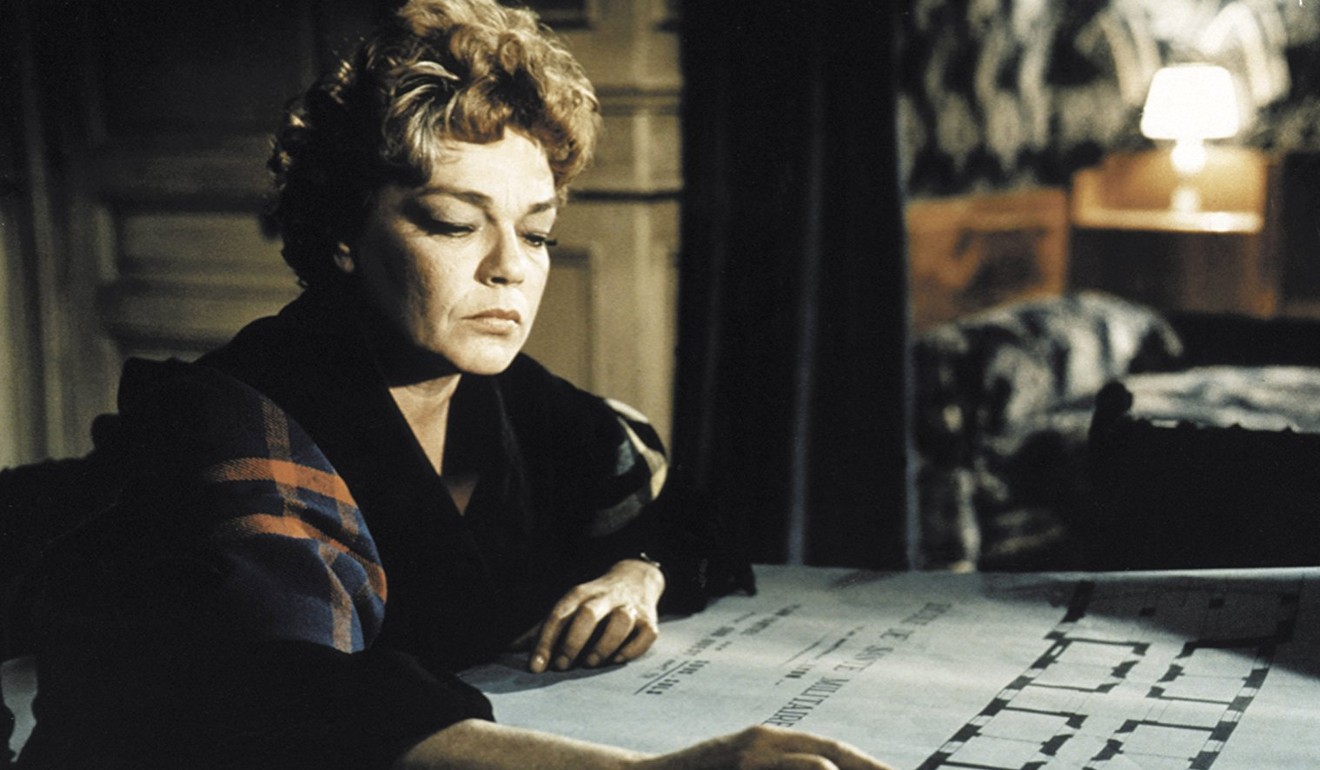
Flashback: Army of Shadows (1969), Jean-Pierre Melville’s French Resistance masterpiece
Since its 2006 re-release, this grimly realistic tale of survival has been recognised as one of the great war films
Jean-Pierre Melville is best known in Hong Kong for his stylised gangster drama Le Samourai (1967), because John Woo Yu-sen has often cited it as a major influence on his film style. Melville’s dark Army of Shadows, which was made two years after Le Samourai, retains that film’s careful plotting and deliberate mise-en-scene, but is a more grimly realistic work.
Based on Joseph Kessel’s 1943 book, this story of the French Resistance depicts the group as both heroic and ruthless as they fight against the Nazi invaders during the second world war. Judged reactionary by critics back in 1969 and ignored until an international re-release in 2006, Army of Shadows is now considered one of the great war films.

The story takes place around 1943. When France surrendered to the German army, the Nazis took control of the north of the country, while a French government, under first-world-war hero Marshal Petain, ruled the south from the city of Vichy. But the Germans then moved troops into the south and many of the French collaborated with them. Army of Shadows depicts the activities of a group of Resistance fighters as they try to avoid detection by French collaborators and their Nazi bosses.
Lino Ventura plays Gerbier, a stern and desolate Resistance chief trying to ensure the movement remains operative by keeping his soldiers out of the Nazis’ hands. Problems arise not only from the Germans and the collaborators, but also from men within his own ranks, who are often blackmailed into turning in their colleagues. When Gerbier is imprisoned, the cool-headed Mathilde (Simone Signoret) takes command. But some are more susceptible to the Gestapo’s cruel tactics than others.

One of many intriguing aspects of the film is that its focus is wholly on the piecemeal survival of the Resistance fighters, who face the highly organised Gestapo at every turn. There are no grand plans to overthrow the Germans, kill Hitler, or mount daring escapes and rescues, although a set-piece prison break does occur during a mass execution, and is brilliantly exciting cinema.
Melville was involved with the Resistance, and also fought with the Free French Forces, an army of exiled Frenchmen who fought with the allies. Many of the scenes in the film are fictionalised versions of situations Melville experienced himself, or heard about, during the war. The director had to fictionalise them, he said, as they were too unsettling for him to re-enact exactly as they happened. The characters are all based on real Resistance fighters.
